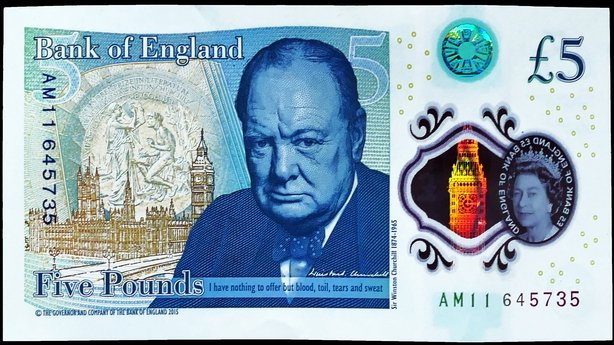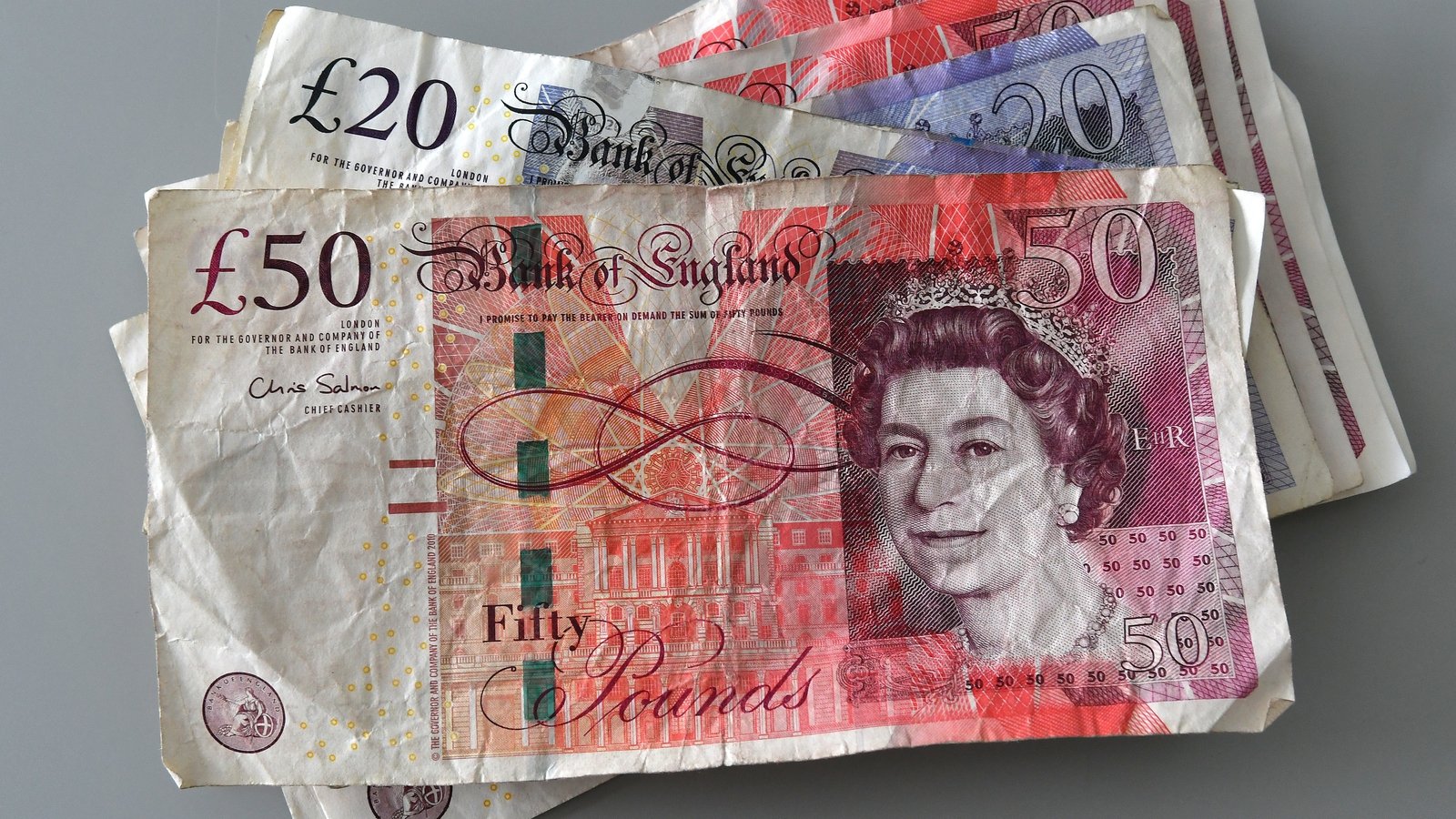Paper £20 and £50 notes have had their legal tender withdrawn by the Bank of England.
From today, £20 and £50 polymer notes will be the only versions accepted as payment by businesses.
It ends more than 320 years of paper money in Britain.
The withdrawal includes £20 paper notes issued by Bank of Ireland (UK), AIB Group (UK) and Ulster Bank in Northern Ireland.

Polymer banknotes were first introduced by the Bank of England in 2016. The £5 note featuring Winston Churchill was the first to be exchanged.
New £20 notes featuring artist JMW Turner were issued in February 2020, followed by the £50 polymer note featuring Bletchley Park code breaker and scientist Alan Turing in June 2021.
Although the majority of £20 and £50 paper banknotes in circulation have been replaced by new polymer versions, there are still over £5billion of paper £20 banknotes featuring economist Adam Smith, and nearly 6 billion £50 paper banknotes. featuring engineers Boulton and Watt, outstanding.
This represents over 250 million individual £20 notes and over 110 million paper £50 notes.
There is no deadline for redeeming withdrawn paper notes, but as they will no longer be accepted in shops there has been a rush to redeem them in the UK, with the Bank of England warning people to expect long queues at its headquarters in Threadneedle Street, London.
The Bank of England is advising holders of paper notes of their options.
Consumers with a UK bank or postal account will be able to deposit paper tickets.
A limited number of UK Post Office branches will exchange withdrawn paper banknotes, or withdrawn banknotes can be exchanged with the Bank of England, including by post.
The Bank has decided to reassure holders of paper banknotes outside the UK that they will not be left with worthless currency.
“All genuine Bank of England notes that have been withdrawn from circulation retain their face value forever and can be exchanged with the Bank of England in London.”
A Bank of England spokesperson told RTÉ News that the bank does not have overseas facilities for people to return notes.
‘People living in the Republic of Ireland can of course send their banknotes to the Bank of England or wait until they come to England next,’ they said.
“There is no time limit to return these paper tickets, neither to us nor to participating postal agencies.”
A postal exchange form is available on the Bank of England website. It should be sent together with the tickets and photocopies of the ID for exchange to the NEX Department, Bank of England, Threadneedle Street, London EC2R 8AH.
For payments to Irish bank accounts, individuals must provide the BIC/SWIFT code and IBAN or account number.
The Bank can only pay to accounts that accept sterling. It indicates that all payments are sent by SWIFT transfer. He does not charge for this service, but the customer’s bank may charge them.
“If we are unable to make an electronic payment, we will send you a sterling check payable to you,” the spokesperson said.
The Bank of England does not send banknotes overseas.
In the meantime, the Bank said all polymer banknotes bearing a portrait of Her Majesty Queen Elizabeth II were legal tender and the public could continue to use them as normal.
“A further announcement regarding existing Bank of England banknotes will be made once the period of royal mourning has been observed,” he said.
It is expected that UK banknotes will eventually be replaced by banknotes featuring the head of King Charles in a process that is expected to take at least two years.
#paper #longer #legal #tender






